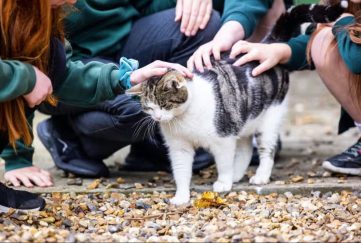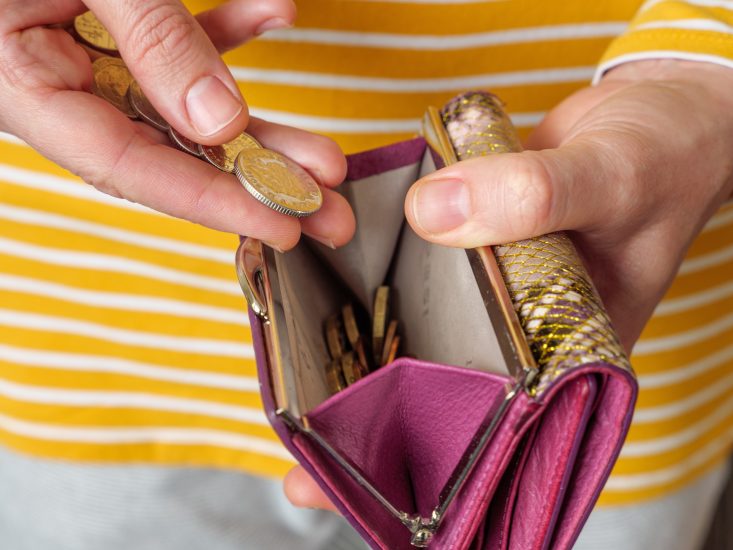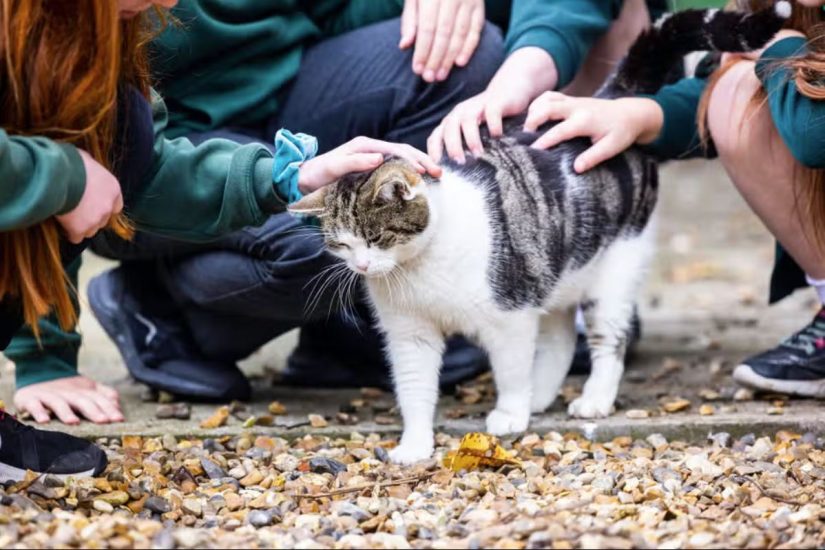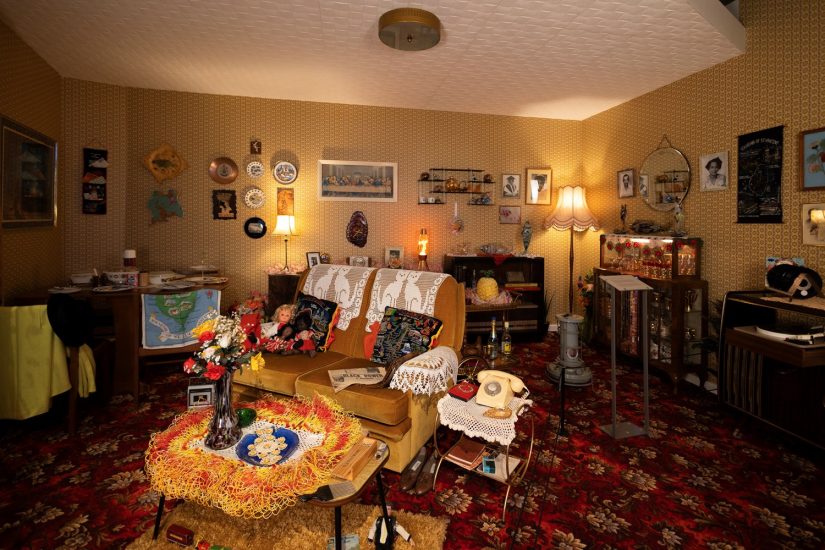Keep Pets Safe In A Cold Snap
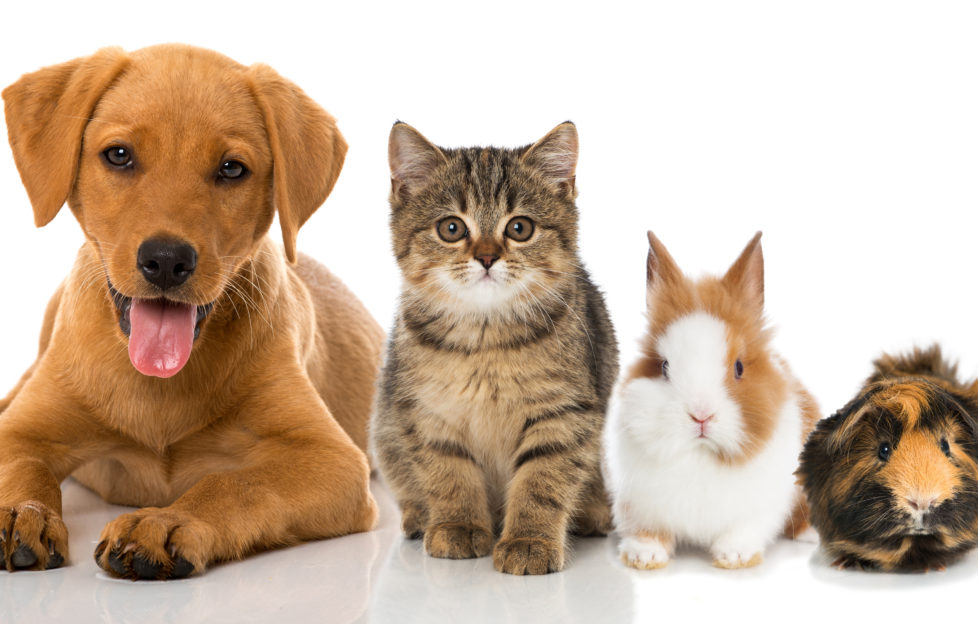
With Storm Ciara just behind us, and Storm Dennis still hanging around, it’s a good time to share a message from British vets about keeping your pets safe in a cold snap.
If it’s cold for you, it’s cold for your pet. That’s the key message from the British Veterinary Association (BVA).
Snow flurries and icy conditions are forecast for many parts of the country over the next few weeks.
When this happens, vets urge pet owners to take extra precautions to ensure dogs, cats and other small pets are kept safe from hazards.
As with humans, pets can fall ill upon exposure to extremely cold temperatures for extended periods. If it’s very cold, vets advise that dogs are walked for shorter periods of time than usual, but more frequently if required.
Consider putting a coat on old dogs, or those with thin fur to keep them warm. Keep older cats inside during an extremely cold spell, and ensure that even healthy young cats have easy access to shelter and warmth.
Ice and snow
When walking your dog in ice and snow, do not let it off the lead.
Avoid walking in areas where ponds or lakes may have frozen over, too. Animals often don’t understand the difference between solid ground and ice and can fall through.
If the worst happens, vets urge owners to call the emergency services for professional help. Don’t follow your pet into a dangerous situation. Although distressing, it is never worth risking your own life as well as your dog’s.
It’s also important to wipe your dog’s paws and belly on returning home from a snowy walk to remove any ice or salt, and to regularly check for cracks in paw-pads or for redness between the toes.
Antifreeze action
Cats are especially at risk of poisoning from antifreeze. It can be fatal for them even in small amounts, especially if veterinary treatment is not sought immediately.
Store and use antifreeze products carefully, and clean any spillages thoroughly. Contact your vet immediately if your cat develops symptoms of antifreeze poisoning like vomiting, depression, lack of coordination, seizures and difficulty breathing.
Small pets
Small pets such as rabbits and guinea pigs that usually live outdoors are vulnerable to a cold snap — as well as damp conditions — despite their furry coats. Owners should make sure that their pets’ living space is well-protected from snow, frost and winter rain and kept dry.
Give rabbits and guinea pigs extra bedding to keep warm and check their water bottle or bowl regularly, as these can freeze when the temperature drops.
If you have any concerns about your pet in this cold weather, consult your local vet for advice.
More top tips to keep pets safe in a cold snap
- Provide a warm, draught-free shelter. Make sure your pet’s bed is in a draught-free, warm spot off the floor in the house. Outdoor pets need a hutch or run in a sheltered position, away from wind, rain and snow and at least 10 cm off the ground.
- Avoid antifreeze poisoning. Wiping your pets’ paws can prevent them from ingesting toxins that they may have stood in whilst outside. In 2018, almost one in six vets (17%) reported treating cats for antifreeze poisoning. Some cases were thought to be from cats drinking from ornamental water features that had been treated with antifreeze to protect the pumps.
- Temperature control for small pets. Keep the temperature of rabbit and guinea pig homes between 10⁰C and 20⁰C for rabbits. The lower temperature assumes rabbits are healthy and kept with other rabbits, with lots of bedding for warmth. Guinea pig homes need to be between 5⁰C and 20⁰C. Avoid too many fluctuations in temperature.
- Make sure your rabbits and guinea pigs have extra bedding to keep warm during colder weather. Line hutches with plenty of newspaper, provide lots of hay and cover with an old duvet/blanket/tarpaulin. If the weather becomes very severe, consider moving outdoor pets inside to a well-ventilated space with light and room to exercise. Never place them inside a garage in use, as vehicle exhaust fumes are harmful to rabbits and guinea pigs.
“The People’s Friend” provides our readers with advice on a range of subjects, including health, finance, gardening and travel.



